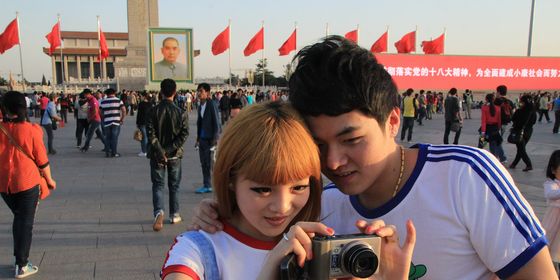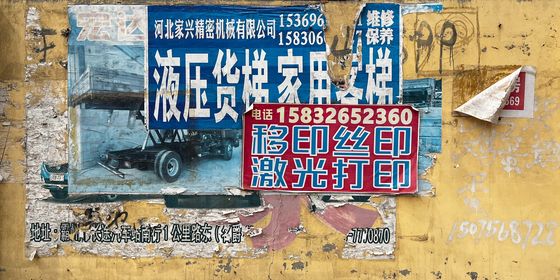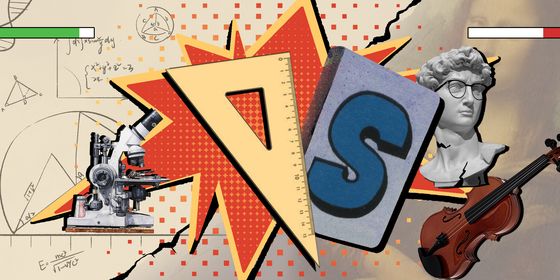On International Workers’ Day, we take a look at how ancient poets wrote about labor and the working classes
As a common slogan went during China’s Mao years, “Labor is the most glorious (劳动最光荣).” Nowadays, though, many of the country’s overworked tech programmers or “lying flat” urbanites may disagree—even today, on a public holiday for International Workers’ Day.
It could be worse: For centuries, the majority of the Chinese population worked manual jobs as peasant farmers suffering heavy tax burdens and unrelenting work hours for their troubles.
Ancient poets, a privileged and scholarly group, drew inspiration from the hardship and grit of the laboring classes in their poetry. From farmers working under the summer sun, charcoal sellers shivering in the winter snow, to silkworm breeders who couldn’t afford the garments they worked to make, poets regularly recorded their hard lives, expressed sympathy, and denounced social inequality.
Every schoolchild in China today learns to recite “The Peasants (《悯农》),” by Tang dynasty (618 – 907) poet Li Shen (李绅), which describes farmers sweating under the summer sun as they plow the fields. The last two lines, in particular, are famous, and often recited to teach children not to waste food.













